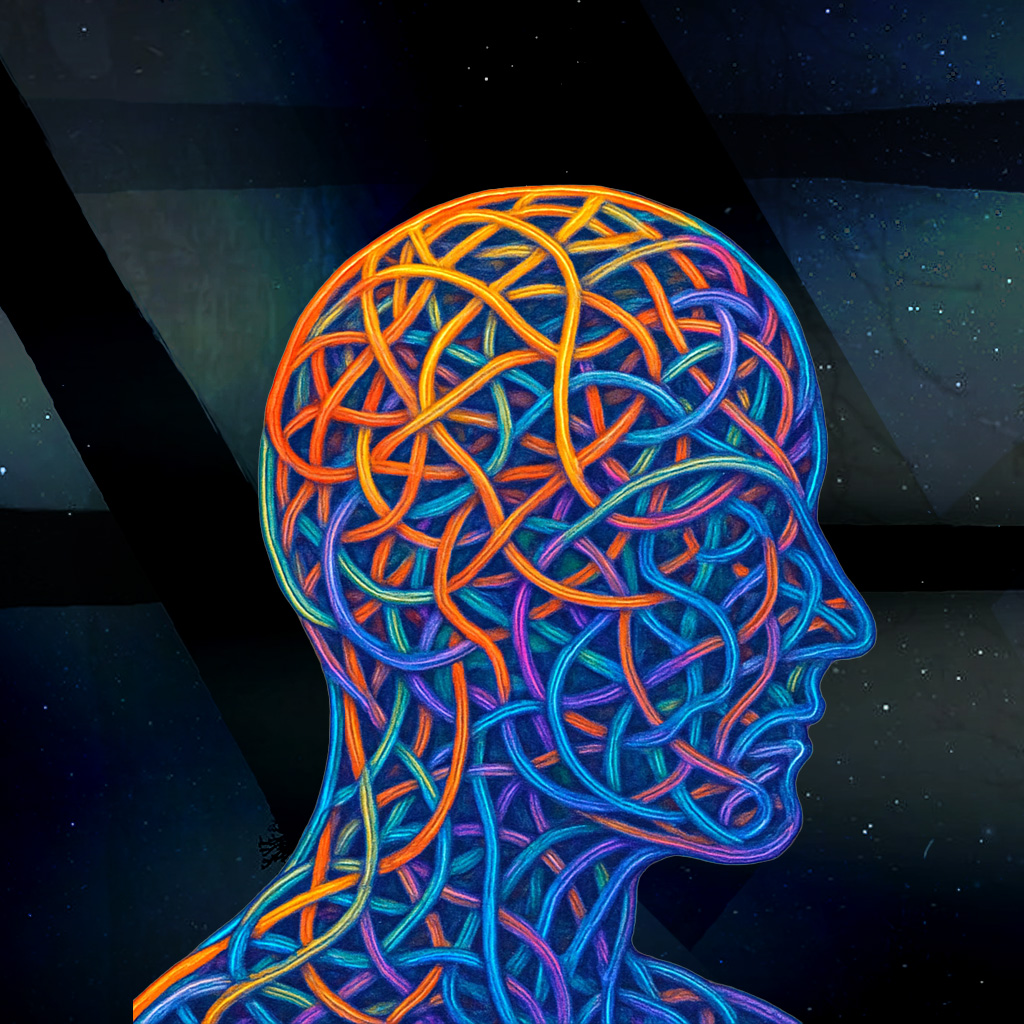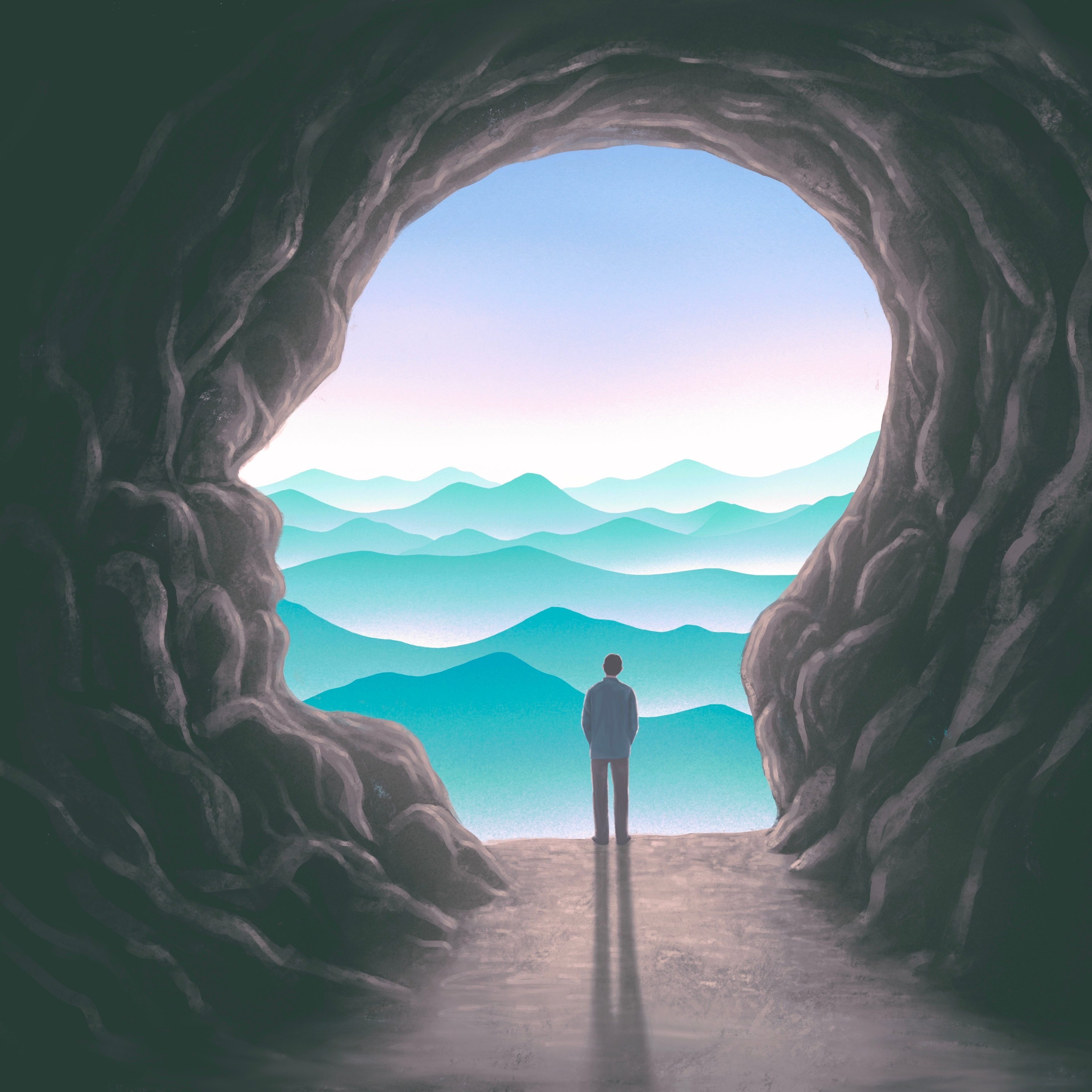
Three Tips for Young People Today: A Buddhist Approach
We asked Professor Doug Powers to give three tips for young people today about how to live a good life.
In young people’s minds right now, the main issue is what they can trust in their own experience. In the 50s and 60s, we trusted ideologies, religions, universities, and economists. There were many levels of expertise in different realms. Individuals trusted that they had goodwill and were trying to do the best they could to understand the very complex mechanisms of modern society and culture. Now that faith in those people has completely collapsed, they didn’t know where to look. In the 60s and 70s, when we were rebelling against authority, we still had an authority we were rebelling against, so there was still an identity; we were half an identity and half a rebellion. There was still the structure of something.
Now, however, there’s no place to look where you can trust the authority or the structure. Intentions are no longer clear. We no longer simply believe that people have goodwill- they might have goodwill, but they’ll probably have other intentions too.
So, the biggest problem is where to look. Now, that starts with a question of authority, but then, it worked into a question of even with each other – in relationships, can we trust each other? And then, we almost got to a place where we don’t even trust ourselves. So now, we’ve worked our way to a point where the only thing we can trust is our own immediate emotion in the moment. I’m not even sure we can trust that, because it seems very unstable. So, the fundamental issue is: where do we look as a sort of ground to examine and determine the thoughts and actions that we’re going to take, to determine on what basis of criteria we are going to use to evaluate our thoughts, actions, and lives that we’re confident in. I’m not sure if most people have something like that.
Tip # 1:
From my experience, and I’m speaking particularly from a Buddhist experience, the Buddha understood that problem completely. He completely agreed and did not rely on any ideology. He didn’t believe in ideologies. He didn’t believe in all of the various things that we’re talking about.
Therefore, he said we have to look into our own experience, into our own mind and see what we can trust.
But the problem is, when a modern person does that, they don’t know how to look past the impulsive mind to the spontaneous mind. So, when they look into themselves they just find a bunch of emotions and habituations that, if followed, would just lead them to another level of karmic conditions. It doesn’t actually give them a ground, because they’re not willing to settle in their minds in a place that’s peaceful and contented enough for them to be able to observe what’s going on from a neutral position. They can’t get all the way back to a neutral place. When they go to observe, they just see an active place and then they get caught up in the activity of the mind that’s active. They need to look past that activity to where the mind actually is aware, still, and observing.They must get to this neutral place, before it feels like it needs to move, or be moved by something. And if they can learn to settle in that place, they will learn to trust something in their own process that they can actually use as a ground or foundation of their observation.Then, from that place, each person must determine their own lives.
Tip # 2:
Take something like the environmental problem, which is the second major issue that we all face. The new generation is living under a totally different world of potential environmental discord. So, this can’t be a passive observation. This spontaneous mind can’t be passive to the recognition of the conditions in which that awareness is occurring in a body. That awareness is happening in a body, and that body’s in a world, and that world is in a whole set of conditions. And so, in order to be true to our moment in life and our responsibility in life, we have to also work toward an equilibrium of the interconnected web of the world. That’s a responsibility that we can’t avoid. So, that puts on us a lot of responsibility, while also leaving us with a lot of confusion. These concepts go together because people think it’s from action that they’ll save the world, but it’s actually from their observation of things from a more neutral place where they can actually see where they’d be the most efficient and effective. The second thing is that, we don’t just need to be active, we have to have wisdom and efficiency in our actions depending on the situation. To have that, there has to be more observation of what’s actually going on, both in terms of your own mind, and what’s going on in the conditions of what you’re receiving. Then, try to make your life the most efficient in actually having the greatest effect on bringing about an equilibrium in the different forces of the earth for its survival. To do that, it is more important that you have a lifestyle that doesn’t need much. While you’re seemingly super active and doing a lot of stuff, you’re actually using up as many resources because you’re very activity to save the Earth is another level of activity.
There has to be a consistency between the mind and its stillness and the kind of resources that you use up in the process of your existence. Simplicity: less needs, less desires, less necessary to move.
And yet, that doesn’t mean you’re not totally involved in what’s going on and involved in trying to change and make it different; but you’re doing that from a consistency in your own existence and process. If you bring those two together, people will feel that they have lived a sort of contented, meaningful life within the conditions of the time they lived in. If you just practice stillness of the mind with no action, there is a feeling of weird anxiety about not having done your part and a kind of selfishness. There has to be a balance between those.
Tip # 3:
The third thing that people have to look into is their relationships, and the dynamic of their relationships.
Try to actually empathetically listen to and work with people.
This should be from the other person’s sense of themselves, not your projections on them in terms of how “things should be” or you want them to be, so that the dynamics of the relationship can be transformed. To do that, there has to be a lot of patience in the place of listening carefully, and then patiently not needing something or moving in the space of it and leaving people their kind of territory and cooperating with each other in creating a mutual territory that we can all exist. It won’t be so interesting. We have to give up that everything has to be pleasurable and everything has to be interesting. Interesting and pleasurable is not the goal; the goal is freedom, contentment, and stillness. We need to slow down in all the different realms. In slowing down, we’ll have space to exist in. Because right now, there’s no existence in all this activity. Of course, now we have all the internet aspects to consider too. This is assuming that everyone talks endlessly about the problems of distraction of modern technology. However, I’m not talking about any of that because I see the problems as more fundamental than technology. To dwell on technology issues, or to dwell on the particular attributes of millennials is totally useless. I don’t see that as being interesting. Millennials are fine! They are completely rational within the construct that they are operating in. The technology in and of itself is not really the problem, per se. It’s the whole thing, the whole conscious awareness that we’re bringing to it that is.


